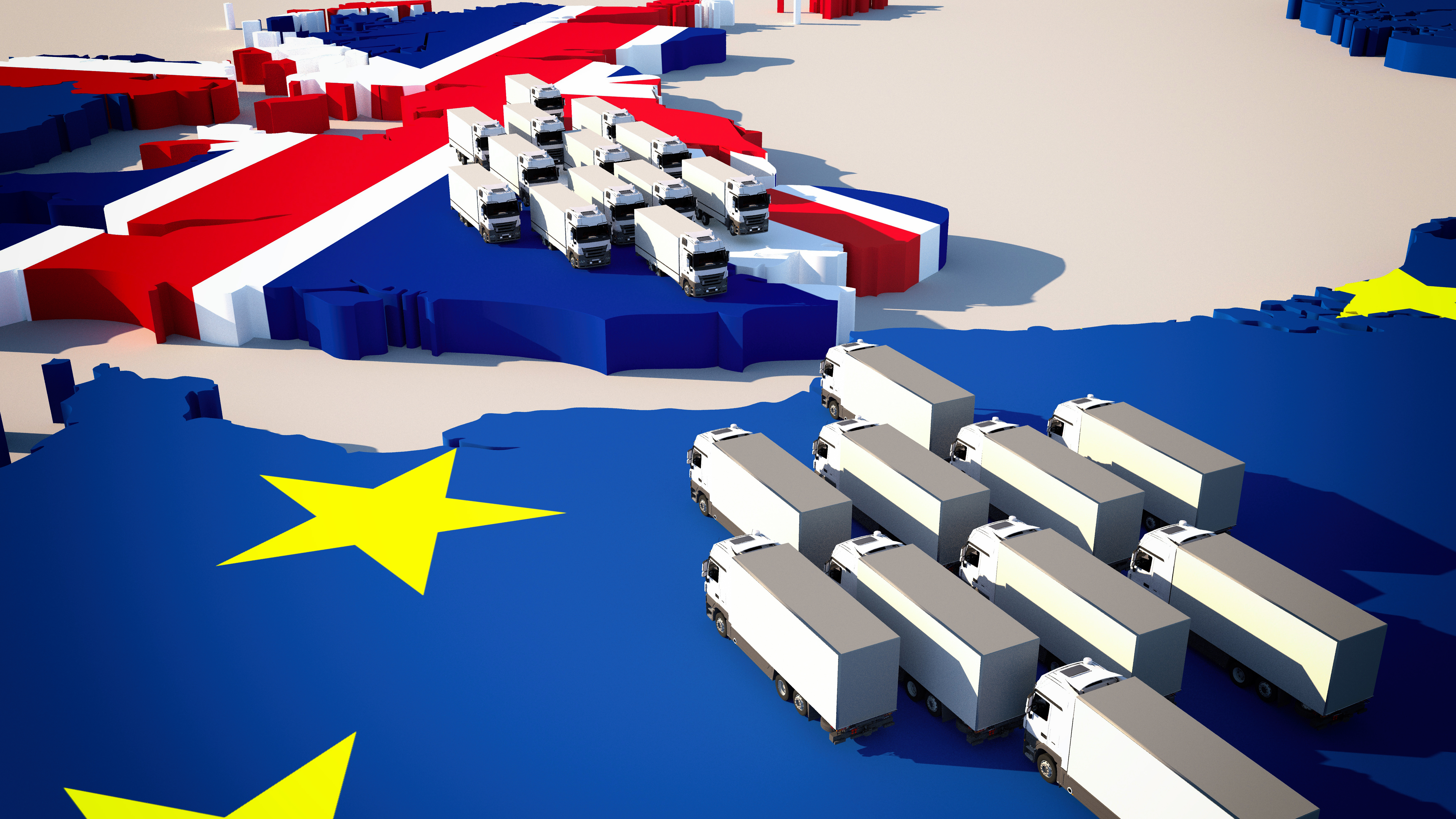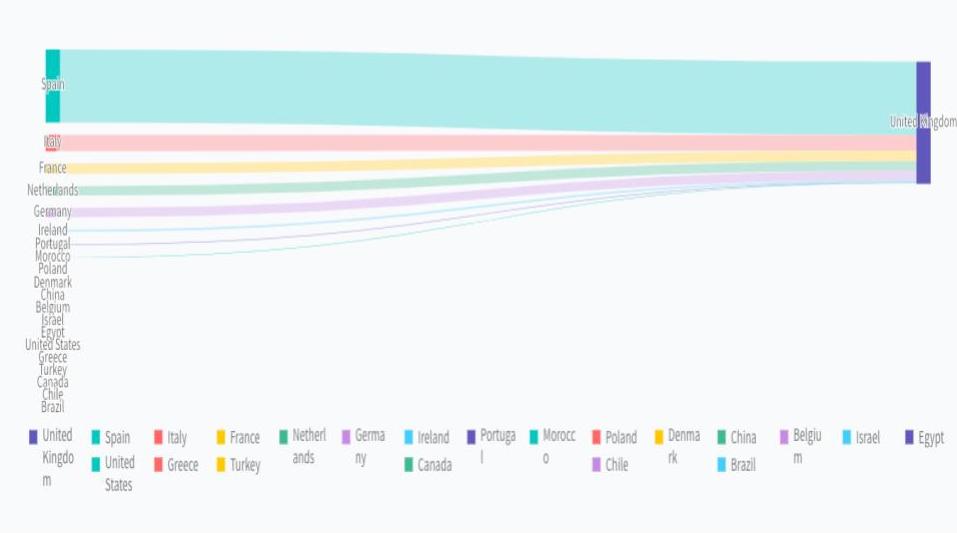Fresh Produce Trade Expecting Difficulties Despite Free Trade Deal Between the U.K. and EU
About a quarter of the food consumed in the U.K. comes from the EU which majorly includes fresh fruits and vegetables. On Christmas Eve, a free trade agreement was signed between the U.K. and EU-27 which ensures that the parties can continue to purchase and sell goods without imposing any tariffs and quotas.

Despite the free trade deal, there is a lot of uncertainty regarding the entire process of trading across borders. The industry is facing new border checks, customs declarations and additional paperwork such as export health certificates which are bound to increase the overall cost and cause delays at the borders.
New border checks, customs and declarations likely to cause delays
- Even though there are no tariffs and quotas, the movement of goods across borders will be subject to checks and declarations. Certain export-import documents will be required which not only take time to format and file but also add additional cost to the exporter.
- The documents tend to be extensive and require detailed information about the product. Retailers will have to file in more paperwork when they bring food in and out of the U.K., and producers could have to comply with different regulations on different sides of the channel.
- It is expected that the majority of the traders right now will not be prepared and some paperwork might not be in order which can cause a delay in clearance of the particular shipment. If there is one truck where the papers are not in order at the port, it will affect the entire row and cause a delay.

Uncertainty for products with a smaller shelf life as border checks require time
- Products with a longer shelf life like peppers, aubergines, cucumbers, tomatoes, broccoli will not become spoiled in the delayed border clearances and increased wait time.
- Salad heads and vegetables like cabbage, spinach and lettuces have a shorter shelf life and might deteriorate due to the long wait time at the borders.
- The U.K. imported 222K MT of lettuce in 2019 out of which more than 99% was from different countries of EU. Spain was the largest exporter with an 81% share followed by Italy (6%), France (5%), Netherlands (4%) and Germany (3%).
- Increasing the quality and efficiency of cold storage logistics is likely to increase the costs for the trader as the country heavily relies on the EU for some of the fresh produce.

Increased cost of trading likely to fall on consumers in the long run
- Aggregating the cost of certifications, paperwork and clearance form the trader it would be relatively more expensive to sell the products across the borders.
- In the short term, these extra costs could be absorbed by the producers, retailers or traders themselves. However, in the long run, the costs will most likely be passed on to the consumers which will result in inflating the prices of fresh produce in the U.K.
What can be done to overcome the problems
As the holiday season ends, the exports and imports are likely to pick up pace in the coming weeks. In order to overcome the shortcomings, it is necessary to ensure that there is cooperation between the two countries at the borders as well. Overall, it is very crucial for the U.K. to ensure that the flow of fresh fruit and vegetables is maintained to avoid any market price and quantity uncertainty in the future.
- The export documents and certificates should be processed and cleared efficiently. There is a need to develop and implement swift procedures to avoid any delay and bottlenecks at the borders.
- Development of special exits should be done to transport fresh produce with a short shelf like to avoid any contamination of the product. This would help in keeping the cold storage costs controlled and continue the supply of fresh produce in the U.K. from the EU.
Sources
BBC. Could Brexit make my food more expensive?
Fresh Plaza.Calm before the storm, Brexit effect only noticeable in the coming weeks.
The Hindu. U.K., EU reach post-Brexit trade agreement.
Tridge.Trade Flows.




